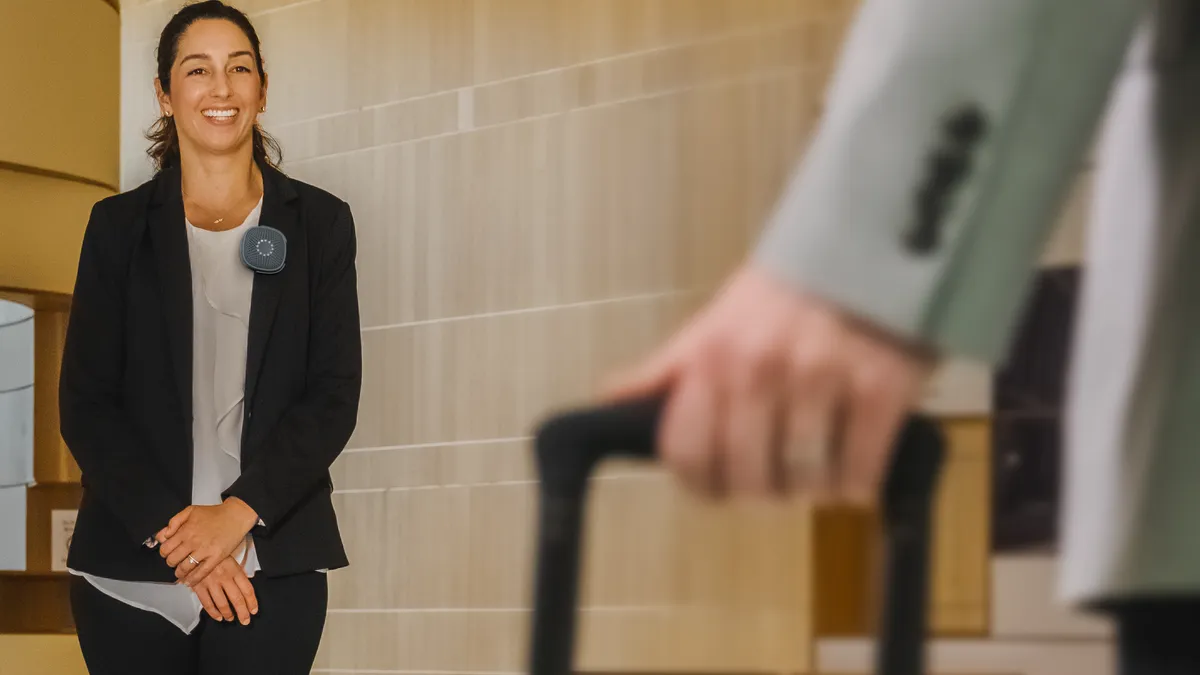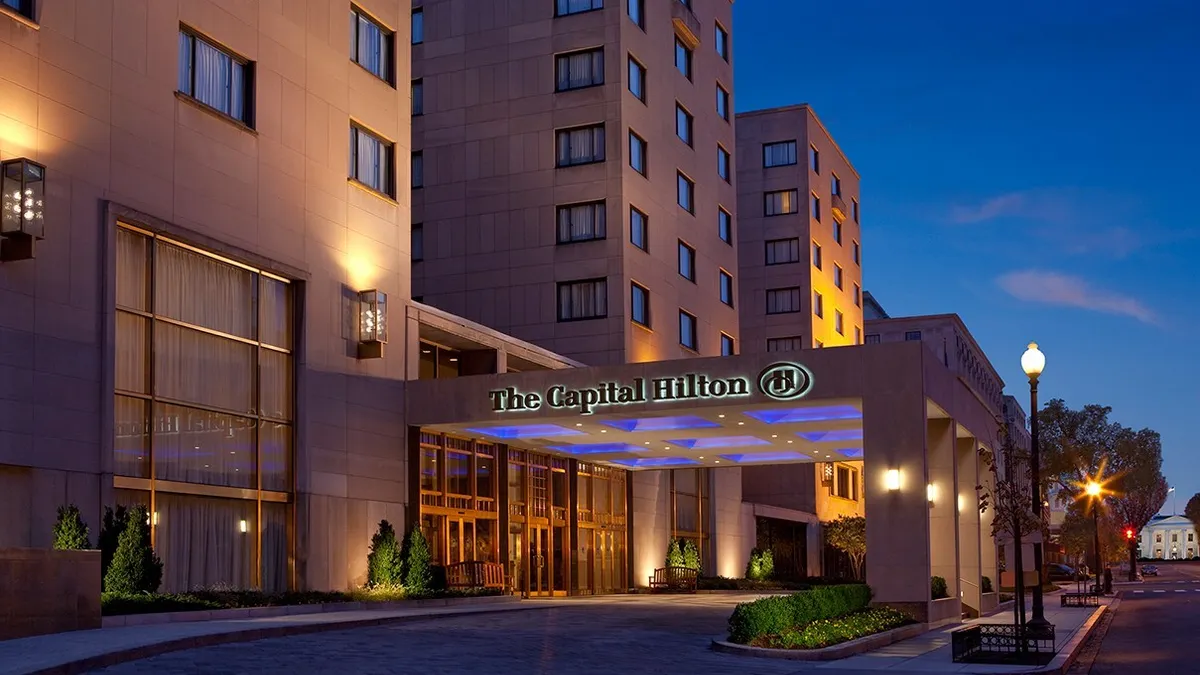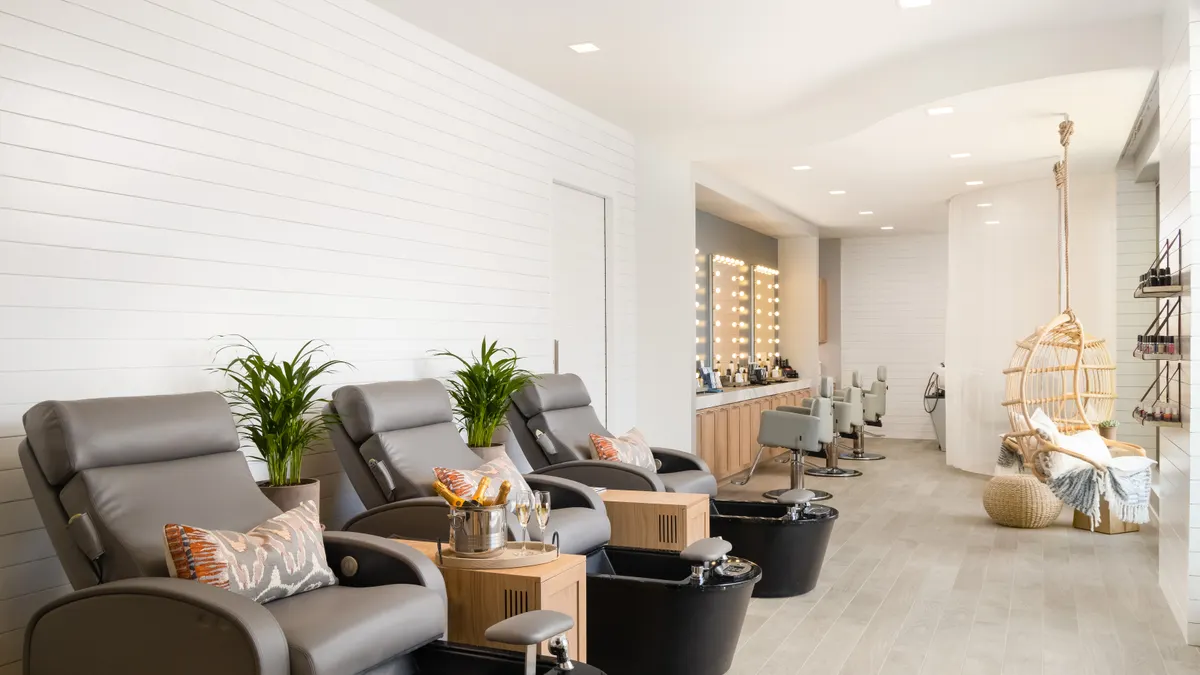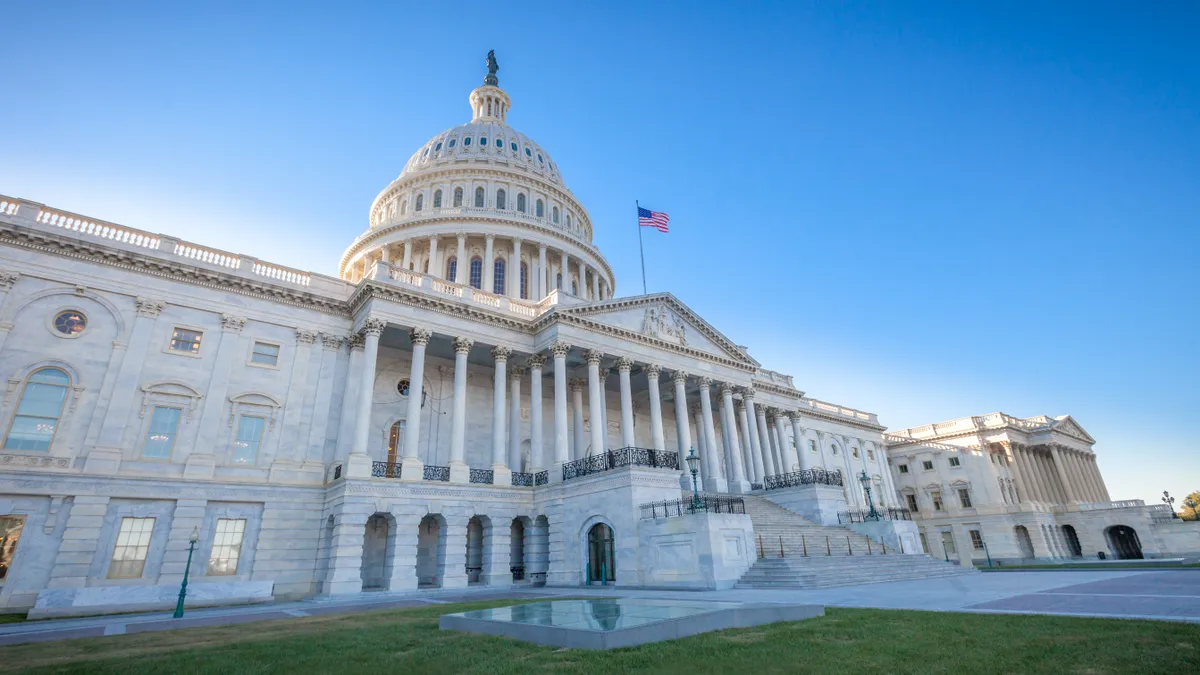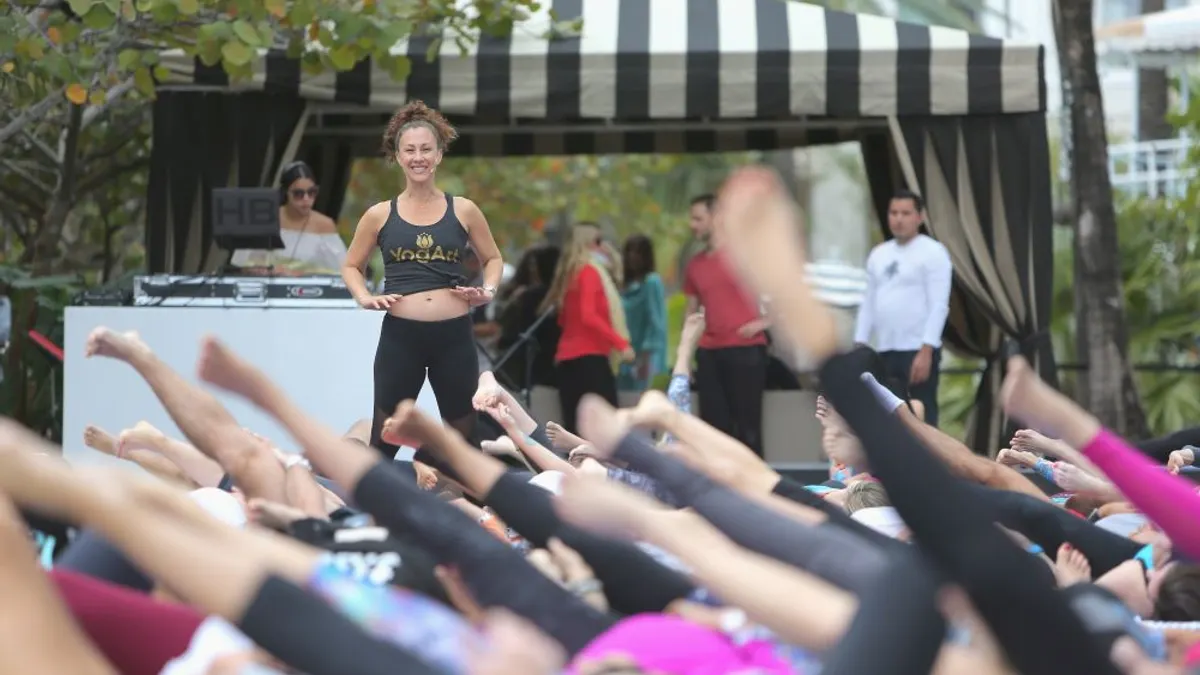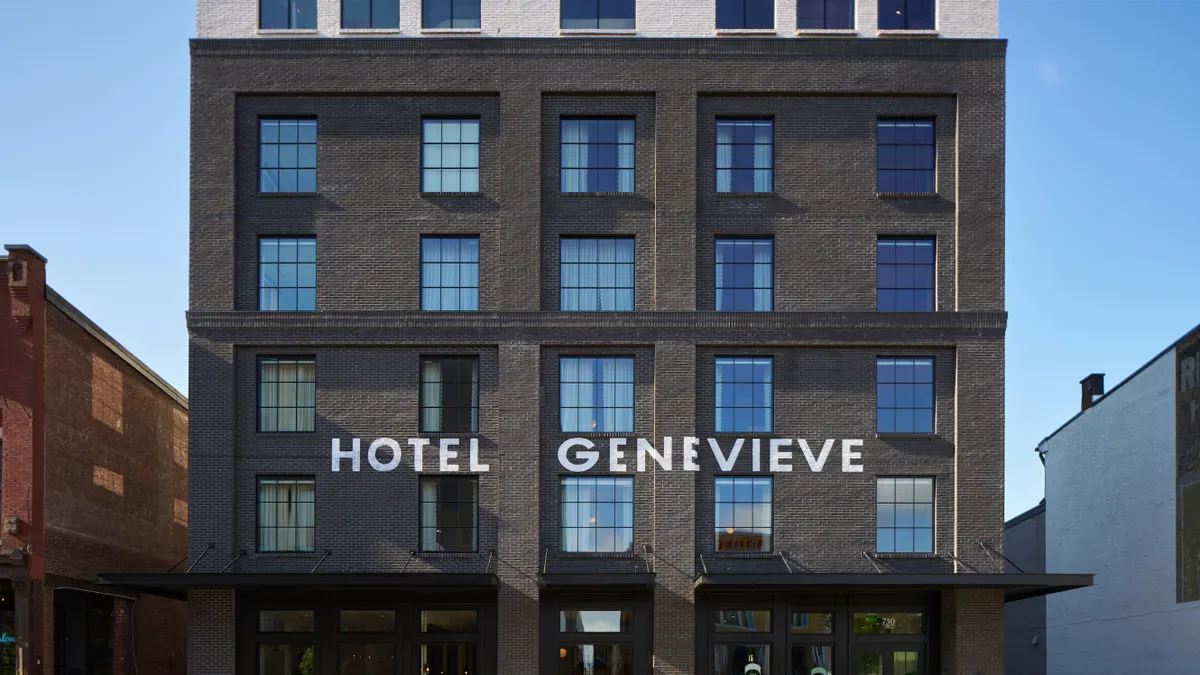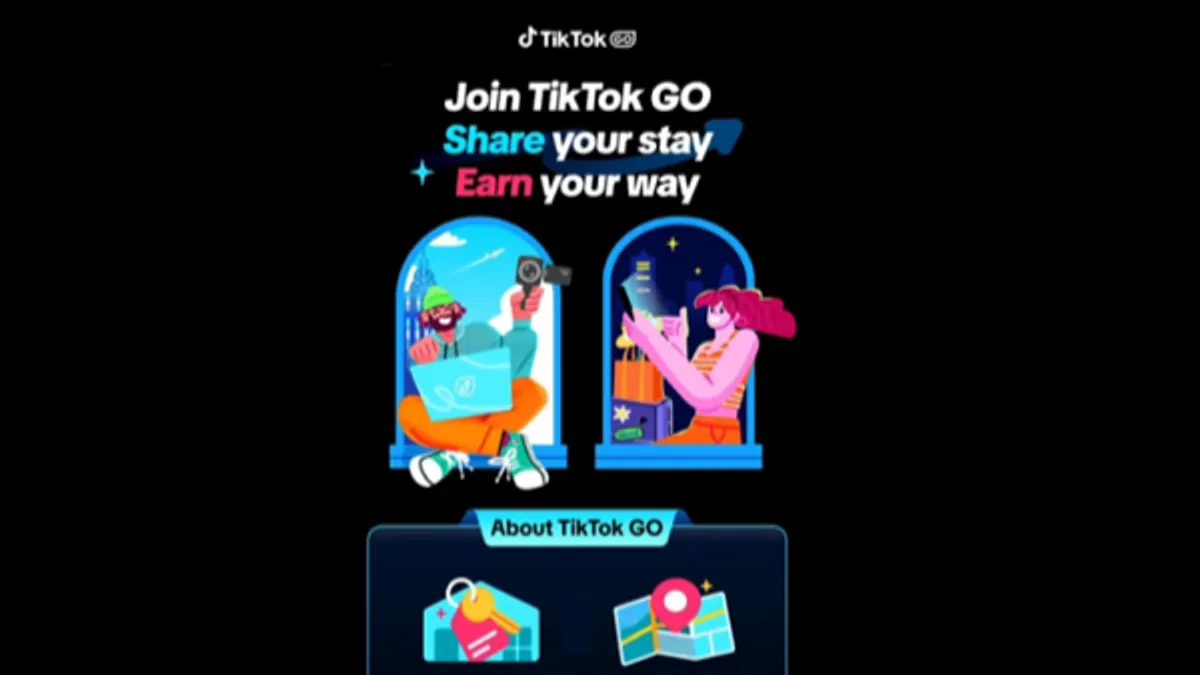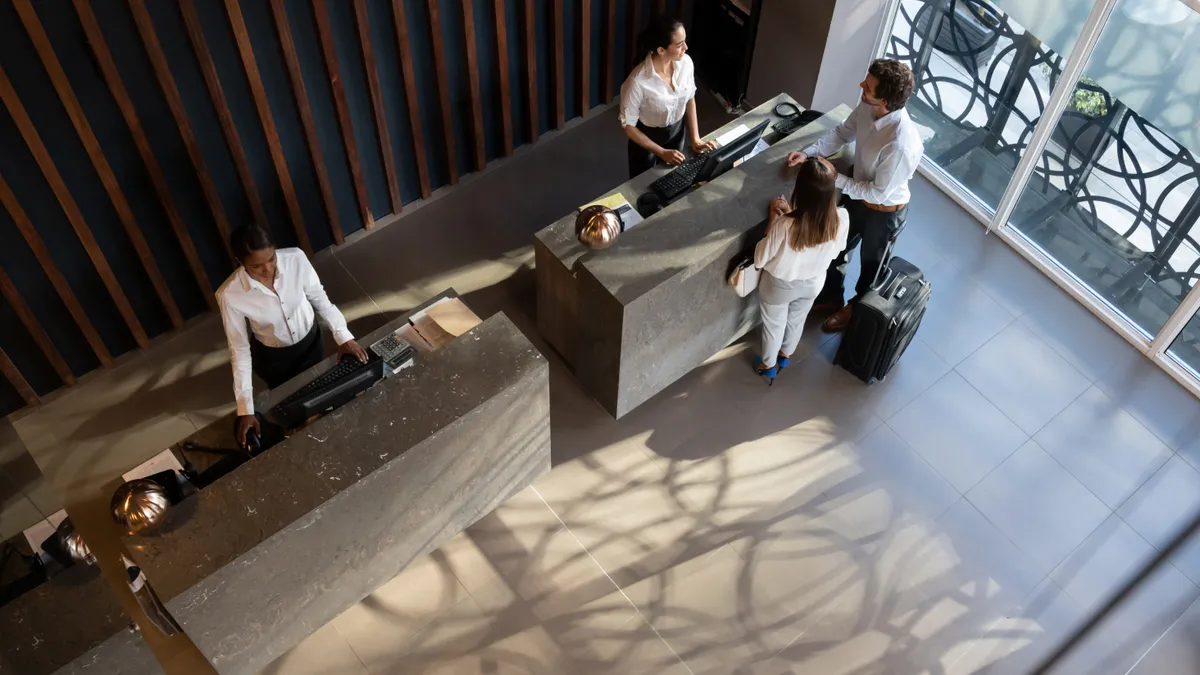Hotel Tech-in is our regular feature that takes a closer look at emerging technology in the hospitality industry.
In recent years, hotel workers have increasingly advocated for better job conditions. Sparked in part by the #MeToo movement, which took off in 2017, more employees have voiced their experiences with sexual assault and harassment on the job.
From 2006 to 2016, hotel industry workers reported 818 incidents of sexual harassment to the federal government, according to a report by Reveal. And over one-fourth of workplaces sexual harassment charges were filed in industries with large numbers of service-sector workers, particularly those with low-wage jobs often held by women, the Center for American Progress found in 2017. (As of 2022, nearly 9 out of every 10 U.S. housekeepers is a woman, according to the Bureau of Labor Statistics.)
Guest room attendants and their unions’ efforts to raise awareness of such issues have resulted not only in added safety protocols baked into their work contracts, but also state- and city-level legislation designed to keep them safe. Many of these mandates require that hotels offer a technological solution: panic buttons, which staffers can use to radio help in the case of an emergency.
As hotel protection ordinances proliferate, Hotel Dive spoke with Jon Schniepp, senior vice president of marketing at Relay, a leading provider of panic button tech to the hospitality industry, about workplace safety and innovations hoteliers can expect to see in the space.
Increasing legislation
As of 2019, New Jersey has required all hotels with more than 100 rooms in the state to provide staff with panic buttons. In 2020, similar legislation followed in Washington and Illinois.
Cities have also enacted their own regulations concerning hotel worker safety. Los Angeles; Seattle; Chicago; and Oakland, Sacramento and West Hollywood, California have all passed measures requiring safety protocols for hotel workers. Many of these mandate panic buttons.
Alongside government legislation, hotel industry players have pledged to equip workers with panic buttons. In 2018, Marriott International announced it would equip all housekeepers and on-property workers with safety alert devices.
That same year, the American Hotel & Lodging Association launched its 5-Star Promise. Those who commit to the promise pledge to enhance their safety training, policies and resources, including by offering employees safety devices. AHLA estimates 20,000 hotel properties from 60 member companies have made the pledge.
Founded in 2015, Relay began making safety communications systems for institutions outside of hospitality. It began offering hotel-specific solutions in 2020 in response to growing demand from hoteliers.
“Along the way, a lot of our hotel [clients] started to say, ‘Hey, we see these panic mandates coming up. Do you think you guys could do that?’” Schniepp said. Relay now counts major hotels and resorts among its clients, such as The Evermore Miami, Pinehurst Resort and The Peabody Memphis and management companies such as Atrium Hospitality. “We’re gaining a lot of market share in hotels,” he added.
The technology
Schniepp said Relay had a “last mover advantage,” when it came to hotel emergency communication systems, which previously had been bulky and difficult to install.
Relay’s panic buttons can switch dynamically between cellular networks and Wi-Fi for a speedy connection to the cloud, rather than requiring hoteliers to install their own property-by-property communications networks.
“When you have a device that can maintain a cloud connection in a really resilient way, then you actually don't need to build up this network of infrastructure in your property,” Schniepp said. “The upfront costs are dramatically lower than other solutions because you don't need a bunch of gateways and routers installed in your building. You just need the Relay devices themselves.”
The devices, smaller than the size of a human palm, are wearable. Staffers can then use these like walkie-talkies, or press a button to signal an alert. There is also an app component, which shows precision location info for any messages or signals.
“We're doing a lot of replacing of old two-way radios, basically,” he added. “We have a solution that works a lot better, is more cost effective and is easier for the staff to use.”
And that tech is currently being improved. Relay is piloting what Schniepp calls “a pretty advanced translation feature,” which allows staff members who speak different languages to instantly communicate with each other with instantaneous translation.
“I think it is going to be a really important feature set for not just hotels, but any industry that has a multilingual workforce,” he said, adding that he expects the functionality to roll out in early 2024.
According to Schniepp, panic button mandates in New Jersey and California are already impacting the way some hotel companies do business nationwide. He noted that hotel chains with properties in cities where panic buttons are mandated often go ahead and adopt them elsewhere, too.
“It makes sense not just from a human perspective,” Schniepp said. “It's also good business sense to make sure that your staff is in a safe environment.
“The workers are going to move to where they feel most comfortable.”



